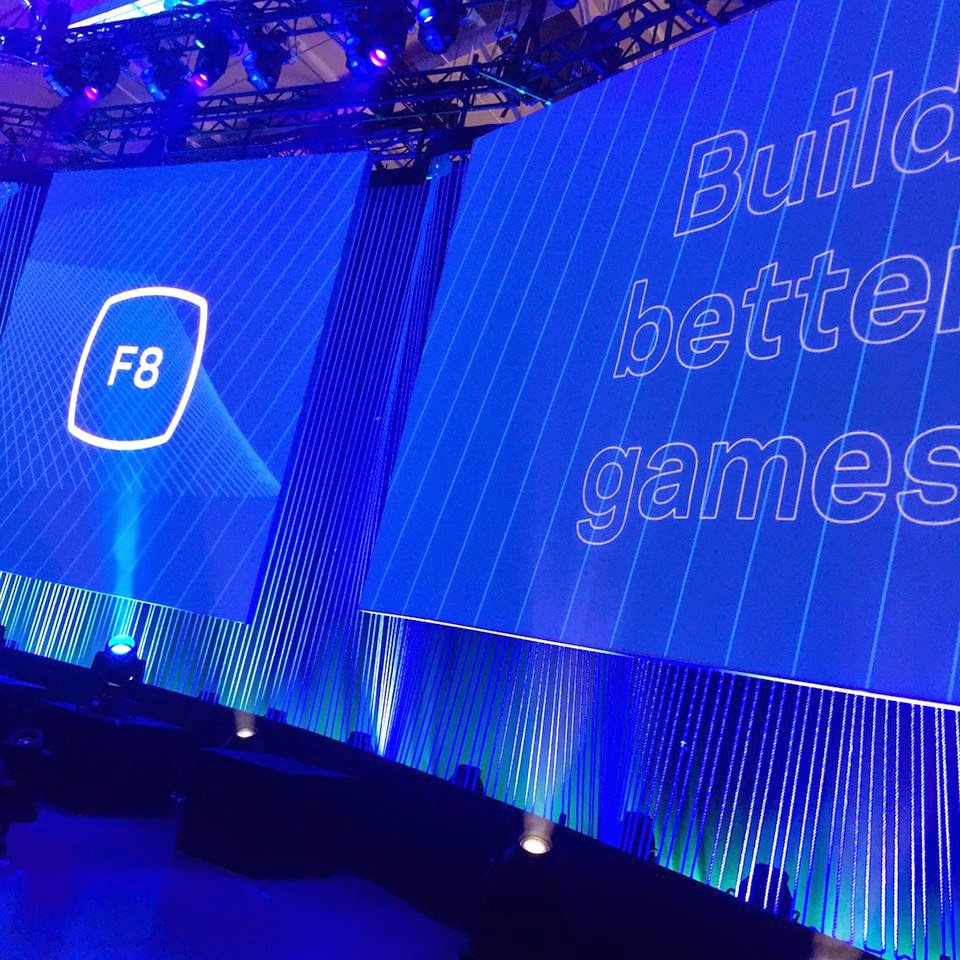Facebook Quietly Launches Ads API for ALL Developers
Some amazing things have been announced at Facebook’s annual developer conference, F8, going on yesterday and today in San Francisco. From new apps for Facebook Messenger, to a platform for Internet of Things, to one of the most amazing explanations of the value of virtual reality I’ve ever seen, Facebook has by far made up […]
Read more...No Known Solutions In Sight for Copyright Issues or Monetization for Facebook Video
At Facebook’s now annual F8 developers conference, 2 issues seemed to be on the mind of developers and content creators in the audience of their “What’s New With Facebook Video” session: copyright infringement and in-video monetization. But when asked about it, Facebook seemed mute. Among the features launched at Facebook F8 this year was the […]
Read more...Ancestry.com Buys Top Facebook App We’re Related
In the early days of Facebook’s developer platform (2007, to be exact), as apps were going from 0 to 2 or more million users in just a matter of days, family history apps were among the first to rise to the top. The link between family connections and friend connections seemed like a natural fit […]
Read more...One Thing is Clear About F8 – the Focus of a Facebook Conference is on Relationships
I just finished my 3rd consecutive Facebook F8 developers conference. While I missed the first one (I followed it remotely though), the Facebook conferences I have attended thus far just get better year to year. This year was no exception. I noticed something this year though, reflecting on years past and other, non-Facebook conferences I’ve […]
Read more...Here’s What I Can Predict With Absolute Certainty
Including this year, I’ve been to 3 Facebook F8 Developer Conferences now (I missed the first year, but followed it remotely). There is a repeat pattern for each, that I want to just get out of the way before this conference starts, and predict, with absolute certainty, will happen. I thought this warranted its own […]
Read more...You’ve Heard the Rumors. Here are a Few Predictions That "Just Make Sense" For Facebook’s F8
Facebook’s developer conference, F8, is coming up this Thursday, having developers like myself drooling at what Facebook might be launching. Last year I was pretty close in my prediction (I had the code right – just not exactly what the code did – this was all the launch of Facebook’s Social Plugins), having got some […]
Read more..."Anything You Say Can and Will Be Used Against You"
I’ve said numerous times that when you put something on the web, you should always assume that data is public, for the world to see. Up until now, Facebook was the exception – Facebook enabled privacy controls, enabling users to, while assuming their data could be public, add a layer of protection and assurance to […]
Read more...Facebook Kills the Storage Limit
Today at Facebook’s F8 developer’s conference Mark Zuckerberg announced that Facebook would be adapting their policy surrounding the length of time developers can store data taken from the Facebook API on their own servers. Very soon, the infamous, “store for only 24 hours” limit will no longer be, as developers will be able to store […]
Read more...More "Insights" on the Facebook Open Graph API Surface
With Facebook’s F8 Developer’s conference right around the corner, there is a flurry of activity happening as the Facebook team rushes to prepare for many launches at the Conference. While I know more than I am saying, there is some evidence in plain view, open for all that we know for sure will be launched […]
Read more...Speculation: Expect Something BIG in the Area of Real-Time at F8
I don’t do speculative posts like this too often, except around Facebook’s F8 developer events for the most part. The last one I predicted was that Facebook would announce a Mobile Platform at F8 – the announcement did occur along with Facebook Connect. The first F8 was the announcement of the Facebook API, which revolutionized […]
Read more...